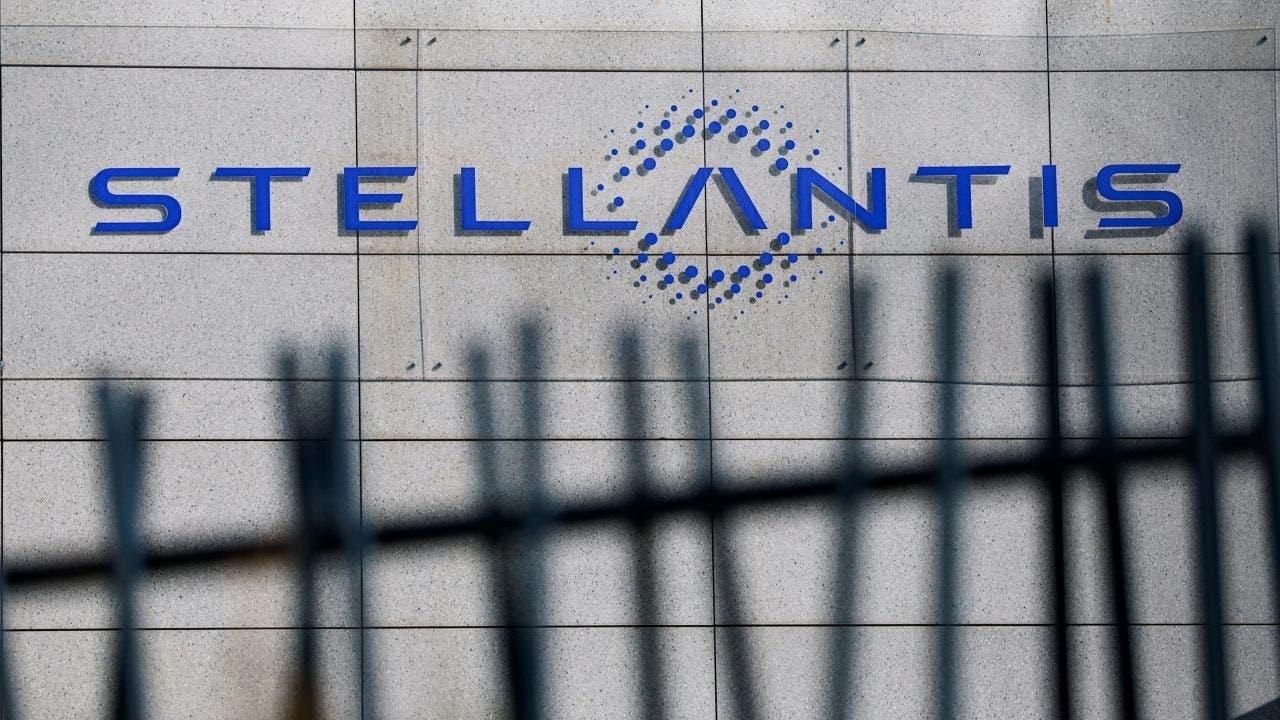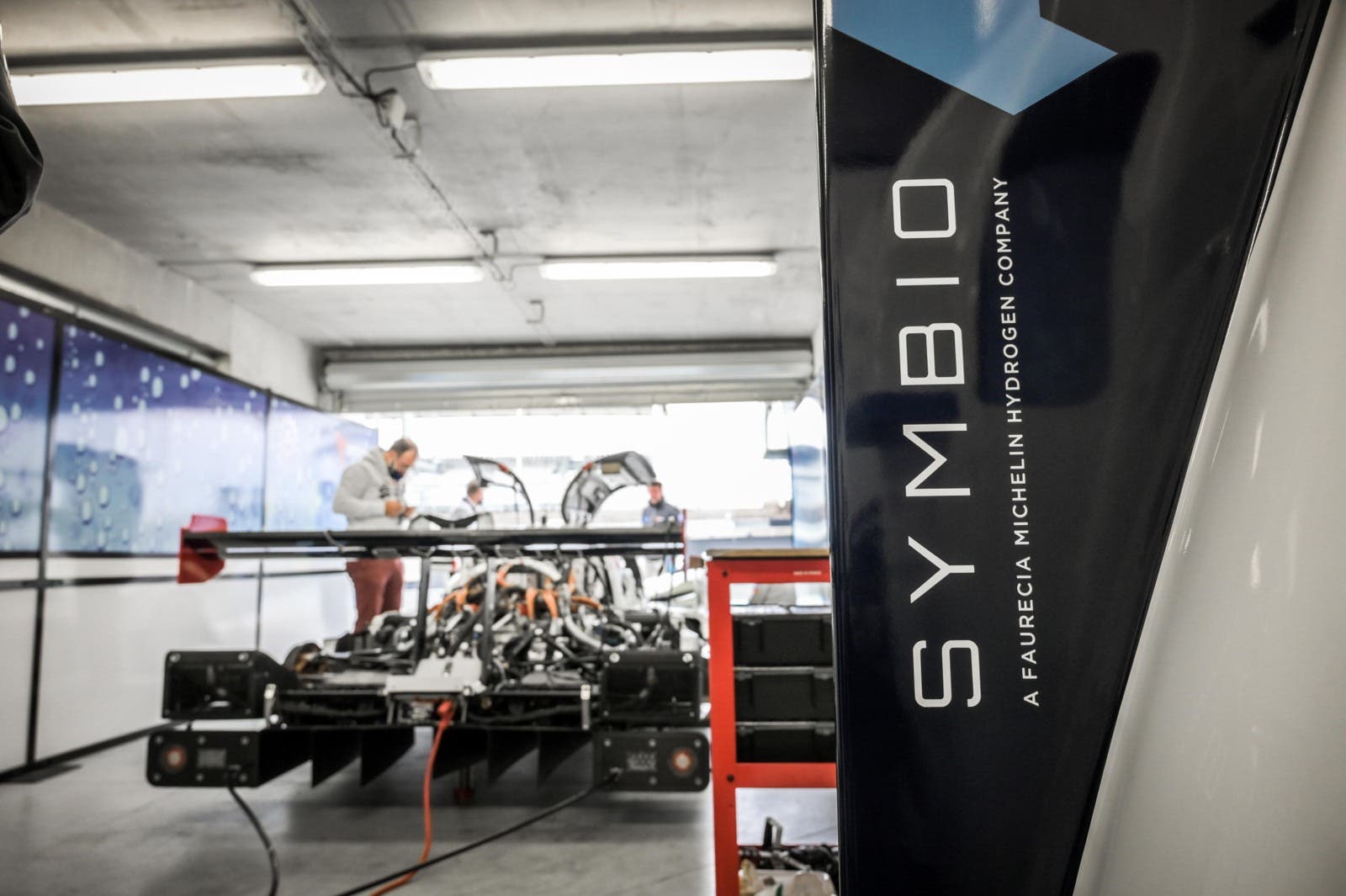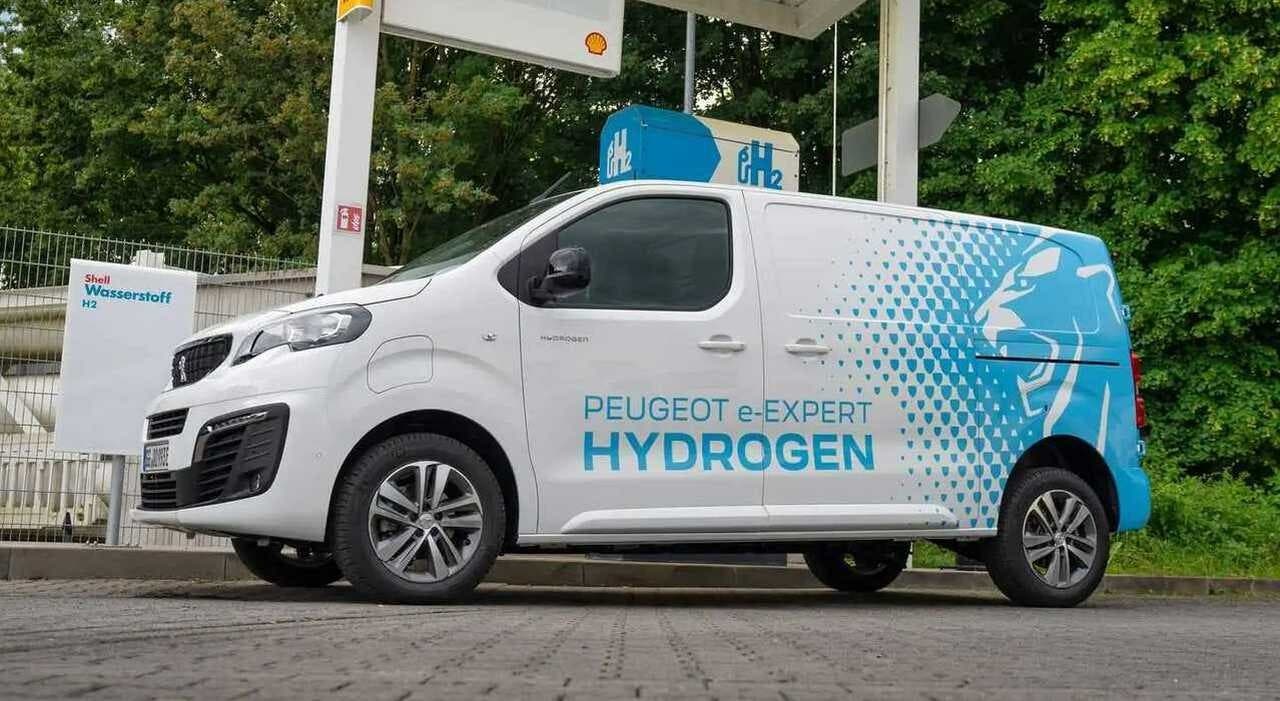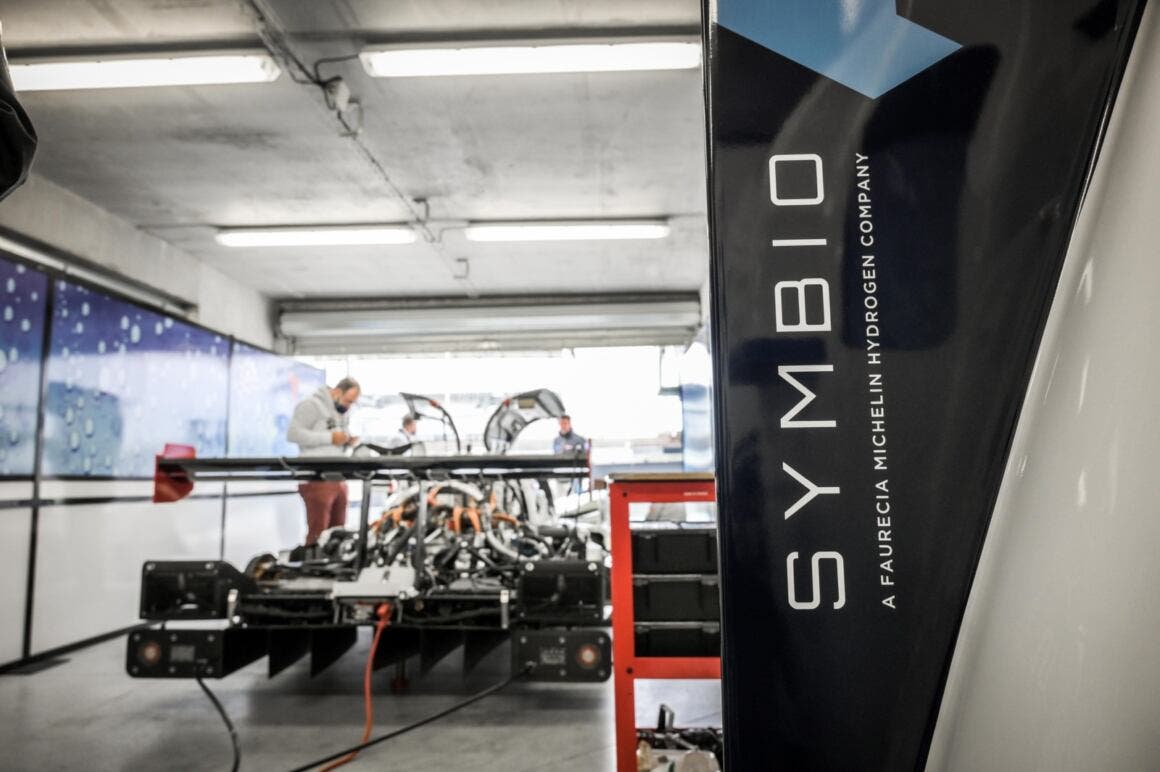As the hydrogen market is showing no development prospect at mid-term, Stellantis has decided to discontinue its hydrogen fuel cell technology development program. Series production of hydrogen-powered Pro One vans in Hordain, France, and Gliwice, Poland, ends. Stellantis is discussing alternatives for Symbio with its partners.
Stellantis discontinues hydrogen development program
Amsterdam, July 16, 2025 – Stellantis today announced its decision to discontinue its hydrogen fuel cell technology development program. Due to limited availability of hydrogen refueling infrastructure, high capital requirements, and the need for stronger consumer purchasing incentives, the Company does not anticipate the adoption of hydrogen-powered light commercial vehicles before the end of the decade.
As a result, Stellantis will no longer launch its new range of hydrogen-powered Pro One vehicles this year. Serial production was scheduled to start this summer in Hordain, France (medium-sized vans) and Gliwice, Poland (large vans).

“In a context where the Company is mobilizing to respond to demanding CO2 regulations in Europe, Stellantis has decided to discontinue its hydrogen fuel cell technology development program,” explains Jean-Philippe Imparato, Chief Operating Officer for Enlarged Europe. “The hydrogen market remains a niche segment, with no prospects of mid-term economic sustainability. We must make clear and responsible choices to ensure our competitiveness and meet the expectations of our customers with our electric and hybrid passenger and light commercial vehicles offensive.”
This decision will not impact staffing at Stellantis’ production sites. R&D activities related to hydrogen technology will be redirected to other projects.
The current state of the hydrogen segment also presents financial challenges for various stakeholders. In this context, Stellantis has initiated discussions with the shareholders of Symbio to evaluate the current market consequences and to preserve the best interests of Symbio, in line with their respective obligations.

Symbio and the discontinuation Stellantis investment as of 2026
Symbio is the joint venture with Michelin and Forvia SE dedicated to hydrogen mobility. The collaboration, initiated to develop fuel cell vehicles, included a joint investment to boost production of hydrogen vans, a sector in which Stellantis held a 33.3 percent share from 2023.
“Forvia confirms that it has been informed of Stellantis’ intention to discontinue its investments in hydrogen from 2026, including those in Symbio,” the auto parts maker said in an email. The decision “has serious and immediate operational and financial consequences for the future of Symbio.”

Stellantis acquired a 33.3 percent stake in the company two years ago to strengthen its hydrogen van offerings. According to Forvia, the automaker accounts for nearly 80 percent of Symbio’s business volume. Hydrogen mobility companies have struggled to expand due to the high cost of fuel, lack of standardization and poor infrastructure. Battery electric propulsion systems have become the main alternative to gasoline and diesel engines for vans and passenger cars.
Stellantis seeking to improve sales in Europe and the United States after a difficult period under the leadership of former CEO Carlos Tavares. His successor, former Jeep CEO Antonio Filosa, is expected to revolutionize the product strategy, pledging to introduce more affordable vehicles and overcome business obstacles.
